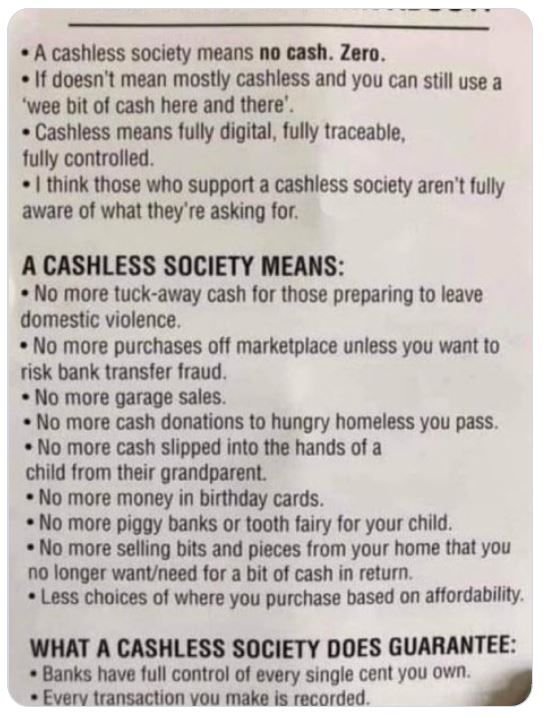this post was submitted on 06 Jun 2024
493 points (84.0% liked)
Privacy
833 readers
1 users here now
Privacy is the ability for an individual or group to seclude themselves or information about themselves, and thereby express themselves selectively.
Rules
- Don't do unto others what you don't want done unto you.
- No Porn, Gore, or NSFW content. Instant Ban.
- No Spamming, Trolling or Unsolicited Ads. Instant Ban.
- Stay on topic in a community. Please reach out to an admin to create a new community.
founded 2 years ago
MODERATORS
you are viewing a single comment's thread
view the rest of the comments
view the rest of the comments

s/signals/receivers
I guess receivers that also measure angle to satelites do have 4 constants with only 2 satellites to get 4d solution(or rather 2 solutions, one of which is in future, while other is in the past, not sure which one is correct). Or maybe try to do some wierd math shit with Doppler shift. I was talking about original(cheap and easy) way receivers were solving coords with 4 latencies.
If we are really pushing the limits here, then receiver that knows it doesn't move relative to Earth can get coords from one satelites, but this is just speculation. And it may require atomic clock.
This doesn't sound like reason for it. Slow start? Receiver first needs to receive ephemerides and almanac to be able to solve position. Quoting wikipedia article on A-GPS:
Almanac can be stored on device for a long time to be used later in next start. It's called warm start. Ephemerides don't last as long. Start when they aren't stale called hot start.
Now goes quote from another article
So bright minds thought "what if almanac and ephemeris" will be downloaded from the internet? And this is how A-GPS was born.
Now about precision. Few meters is normal precision for normal GPS. Getting better precision requires very scary math hiding behind Differential GPS and additional correctional data. Not that normal GPS doesn't have scary math.
Lastly, about two satelites: old phones had one antenna per band(and usually only one band), so they did require at least 4 satelites.